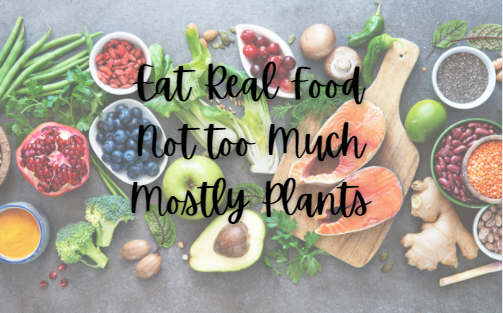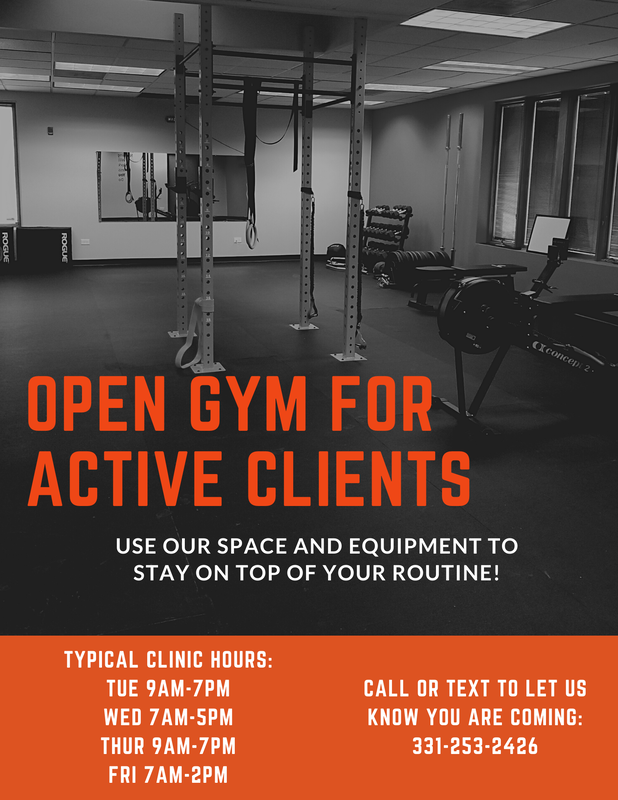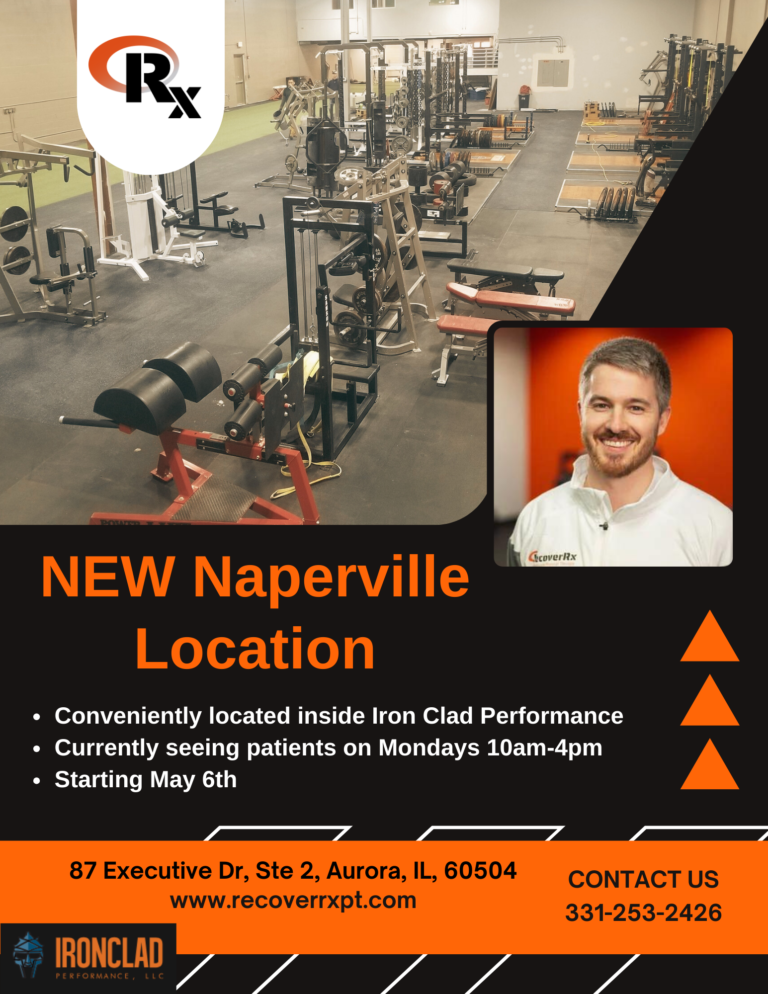By Dr. Sarah Greenwell, PT, DPT, CSMPT
I truly believe that fitness and health are a journey, not a destination. But there is no fast track, and we are constantly learning new research about what things are healthy and what things we thought were healthy, are really not (ie diet soda, fat free dressing, frozen meals). We decide every day what choices to make and in turn, we are making choices that either push us toward a healthier lifestyle or away.
But it does not have to be all or none. We are used to New Year Resolutions, 6 Week Challenges, and fad diets that cut out whole food groups. And we think that if we stick to this one change, we will get the results we want. But when we fall off the wagon, that wagon keeps going and we stay right where we are – or worse, go right back to where we started.
Rather, we can make small choices every day that move us up the hill of health. And if we stumble along the way, we don’t roll all the way back down to the bottom. We pick ourselves up and try again.
I read once that the 3 simple tips to nutrition are:
1. Eat Real Food
2. Not too Much
3. Mostly Plants

Although these are easily stated (and picture posted on my refrigerator), they are not so easy to follow 100% of the time. I also read somewhere that it is not ‘watching what you eat’ that is so hard, but ‘watching what other people eat.’ We are surrounded by temptation every day. We pass a hundred fast food restaurants, Starbucks coffees, & billboards of fried food every week. We are invited to birthday parties, dinner dates, holiday get togethers. We plan to be good, then we get in a situation where it seems like the polite thing to do is to join the fun. Or we go out to eat and shy away from getting the salad because we don’t want to be ‘that person’. But you only get one life to live and one body to live in. It doesn’t matter what other people eat or what they think of your meal – it is your job to make this body last and stay functional for 80+ years.
And it doesn’t have to look like a model or athlete. Eating right is not just about losing weight or keeping weight off. It is about fueling your body to have a productive day. I learned the hard way that Pop-Tarts in the morning are not a good idea on your first day of inpatient clinical rotation – I walked into that first wound care patient’s room and passed out because the simple sugars I ate for breakfast did not prepare me for the day ahead. Eating right is also about preservation. We know that it is cheaper to buy boxed foods (sometimes in bulk) than it is to buy fresh produce and meats. But the money you spend now will be much less than the cost of hospital bills and medications down the road if poor food choices lead to diabetes, heart disease, stroke, and dementia.
Again, from personal experience, I have my doctorate in a health science degree (DPT), read nutrition research, have watched documentaries, and constantly listen to my wise husband tell me all the reasons I should eat better and what things to avoid. But do I do it all the time – no. Could I switch to the perfect diet in 1 month and maintain it -unlikely. It has been years of trying to make better choices and realizing that I want better choices for my kids too. (Let’s just say I have come a long way from eating boxes of mac n cheese multiple days a week in college).
I propose that the best way to approach nutrition is with goal stacking. Maybe you take a 12-month calendar and mark off one goal for each month [not starting next year, next month, or next Monday; just pick today and go from there][tip: use your phone calendar so you won’t lose your plan]. For example: this month, choose breakfast options that include a protein and fruit to help fuel your day. Next month, pack a lunch for work at least 4/5 days instead of eating out. Month 3 – watch portion size by avoiding seconds at dinner and saving half of your meals from restaurants for leftovers. So far, you are 90 days in without eliminating any major food groups and making better choices. By focusing on one thing for 4 weeks, you are more likely to turn it into a habit that will be maintained when you move on to the next phase. Other options for stacking on your habits:
- Month 4: Check the labels on your food and limit anything with added preservatives, sugars, high fructose corn syrup, chemicals, and additives (things you cannot pronounce)
- Month 5: Give up the sodas, sugary drinks, extra cream in your coffee
- Month 6: Drink at least 4-5 glasses of water per day (will help curb hunger cravings)
- Month 7: At least 5 days per week, avoid processed grains in bread, pasta, pizza
- Month 8: Try to get at least 3 dinners/week with lean meats (poultry, fish) or a couple vegetarian nights
- Month 9: Try to reduce your cheese and milk intake
- Month 10: Start to buy organic meats to avoid the added chemicals and hormones
- Month 11: Try to get in 2-3 servings of vegetables per day
- Month 12: Try to prepare your own meals at least 75% of the time
The order is not important, but all of the steps are. Start with what will be the easiest for you to maintain and end with the hardest. Each month you make a change, you will feel the pride of doing something good for yourself (and likely your family), and hopefully start to feel and see the results as your energy improves, your self confidence improves, your skin improves, your mental clarity improves, and your body improves.
So I’m not saying you can never have a slice of pizza again; or you can’t get the cheesecake at the Cheesecake factory after dinner. But if you make better choices 75-90% of the time, you won’t have to feel bad about having an occasional treat. And it won’t mean that you failed and have to quit. If you get one flat tire, do you slash the other 3? No, if you mess up or have a set-back, you fix it the next day and keep going on your journey. Think of where you could be in a year with only making one change every 30 days. And if you create lasting habits, think of where you could be in 2, 3, 10 years.

Thanks for reading!
Dr. Sarah
-I may not be there yet, but I am closer than I was yesterday.-




